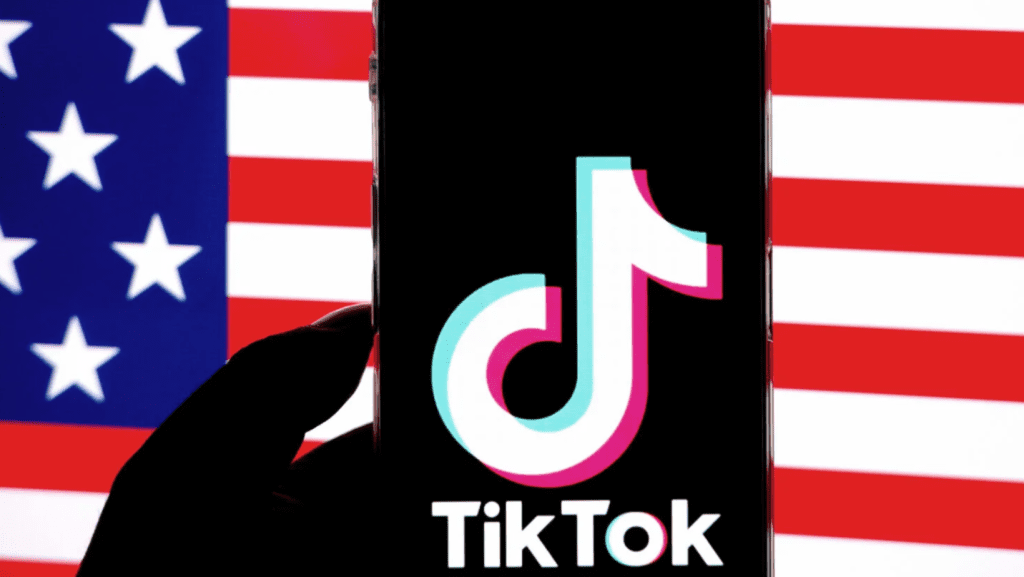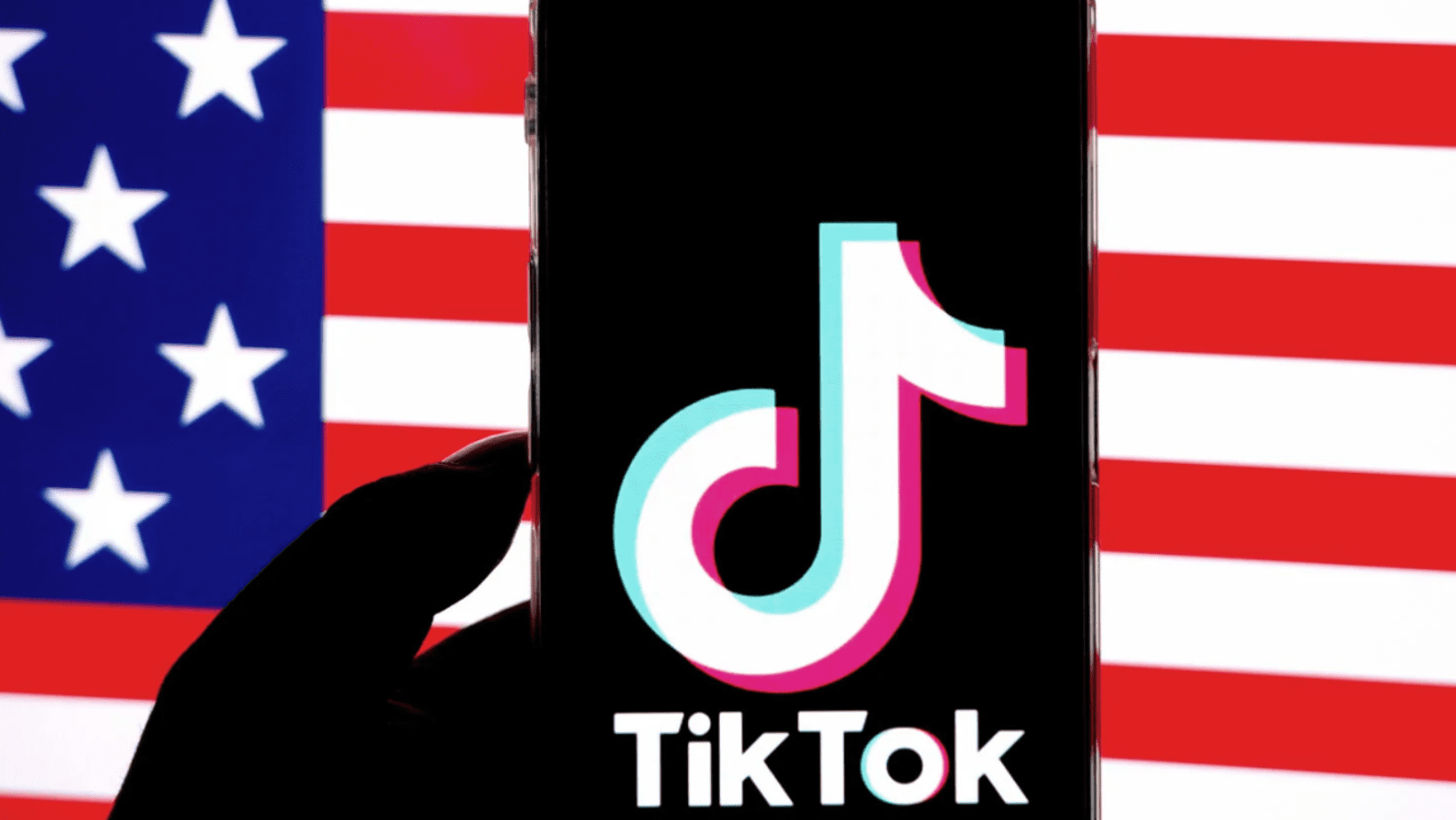

After a brief shutdown in the United States, TikTok has returned, attributing its revival to President-elect Donald Trump’s intervention. This development follows a turbulent weekend, marked by the app’s temporary unavailability due to a U.S. law banning TikTok over national security concerns.
Timeline of Events
- Saturday Night Shutdown: TikTok went offline late Saturday, notifying users with a message that read, “A law banning TikTok has been enacted in the U.S. Unfortunately, that means you can’t use TikTok for now. Please stay tuned.” The app was also removed from Apple’s App Store and Google Play, along with other ByteDance-owned apps like Lemon8 and CapCut.
- Trump’s Intervention: On Sunday morning, President-elect Trump announced plans to issue an executive order delaying enforcement of the ban. Within hours, TikTok services began to resume, accompanied by a notification: “Thanks for your patience and support. As a result of President Trump’s efforts, TikTok is back in the U.S.!”
The Broader Picture
National Security Concerns: The U.S. government’s decision to ban TikTok stems from fears over ByteDance’s ties to the Chinese government and potential misuse of user data. Despite bipartisan support for the ban, younger generations have largely opposed it, emphasizing TikTok’s cultural and economic impact.
Economic Significance: With over 170 million U.S. users, TikTok’s shutdown threatened small businesses, creators, and influencers who rely on the platform for income and community engagement. TikTok CEO Shou Chew highlighted this in a statement, thanking Trump for his efforts and reiterating the app’s commitment to a long-term solution.
Challenges Ahead
While TikTok’s return is a temporary relief, its future in the U.S. remains uncertain. Trump has proposed a 50-50 joint venture between ByteDance and an American entity as a potential resolution. However, this faces legal and political hurdles:
- Congressional Resistance: Key Republican lawmakers, including Senators Tom Cotton and Pete Ricketts, oppose any extension of the ban unless TikTok completely severs ties with China.
- Legal Complexities: Executive orders cannot override existing laws, and ByteDance has shown little intention of selling TikTok’s U.S. operations.
The Role of Tech Giants
Major tech companies have played a pivotal role in TikTok’s saga:
- Apple and Google: Both removed TikTok from their app stores in compliance with the law, emphasizing the potential penalties for hosting banned apps.
- Oracle: As TikTok’s U.S. cloud provider, Oracle’s cooperation was crucial in restoring the app’s services.
User Reactions
The brief shutdown underscored TikTok’s cultural influence. Influencers and creators expressed their dismay, with many calling it a “surreal” experience. However, relief quickly followed as the app resumed operations. Popular TikToker Shannon Lange summed it up: “Longest 13 hours of my life, and I was sleeping for 9 of them.”
Future Implications
The TikTok episode highlights evolving debates around technology, national security, and freedom of speech. While Trump’s actions have temporarily preserved the app’s presence, achieving a permanent resolution will require careful navigation of legal, political, and economic landscapes. TikTok’s return marks a significant moment in its U.S. journey, but its long-term future is far from secure. As discussions continue, the platform’s 170 million American users and millions of small businesses remain in limbo, awaiting clarity on what’s next.

